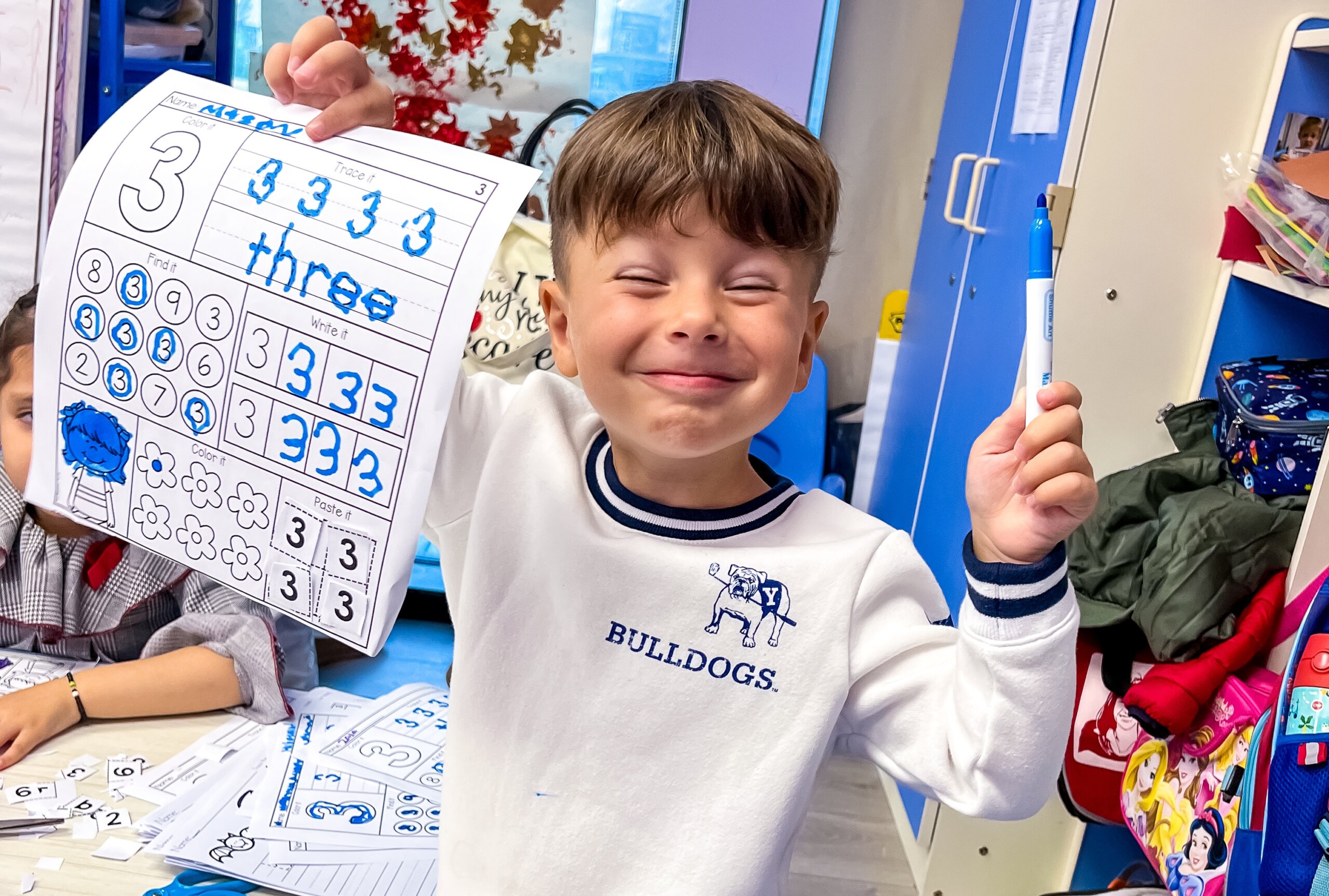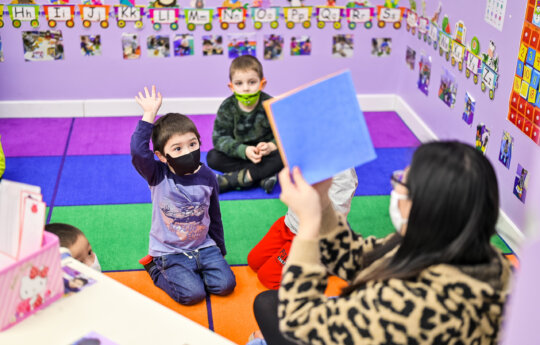
It’s essential to equip our children with the tools they need to navigate the complexities of life. Math is one such indispensable tool. At Little Scholars, we understand the importance of integrating math into daily life and fostering a love for learning from a young age. This guide is designed to help parents weave math conversations with children into the fabric of everyday activities, from the grocery store to the starry night sky, thus encouraging math curiosity and building a solid foundation for lifelong learning.
Unlocking the Magic of Everyday Math for Kids
Math is not just about numbers and equations; it’s about understanding the world around us. By fostering math understanding in children, we can help them see the magic in everyday activities. Here are some practical tips and creative ways to introduce math in everyday situations for kids, ensuring they find joy in learning and applying math concepts from a young age.
- Practical Math Lessons for Kids at the Grocery Store: Grocery shopping can be a fun math adventure. Engage your child in comparing prices math activity, teaching them about budgeting, weight, and the concept of value for money. Ask questions like, “Which bag of apples is a better deal?” or “How many yogurts can we buy for $10?” This not only improves their arithmetic skills but also teaches them practical life lessons.
- Counting Stars with Kids: On a clear night, step outside and gaze up at the stars. Encourage your child to count the stars, grouping them into tens or hundreds. This simple yet captivating activity not only helps with their counting skills but also sparks their imagination and curiosity about the universe.
- Cooking and Baking: Cooking together offers a multitude of fun math exercises at home. Let your child measure the ingredients, doubling or halving the recipe as needed. This hands-on experience with fractions and measurements provides a delicious way to apply math.
- Playtime Math: Teaching math through play is a powerful strategy. Use building blocks to teach concepts of addition, subtraction, and even basic geometry. Games that involve scoring can teach them to keep tally, fostering a competitive yet educational environment.
Strategies for Parents to Enhance Math Learning at Home
Parent tips for math education go beyond just teaching numbers. It’s about creating a supportive environment where children feel comfortable exploring concepts and asking questions. Here are some strategies to consider:
- Engage in Math Talk: Incorporate math vocabulary into your daily conversations. Use terms like “more than,” “less than,” “equal to,” and encourage your child to do the same. This builds their mathematical language and understanding.
- Encourage Curiosity: When your child asks questions, lead them to find the answers through exploration and experimentation. This not only answers their immediate query but also teaches them the process of discovery.
- Set a Positive Example: Show your child how you use math in your daily life, from budgeting to planning out travel times. Your enthusiasm for math will be contagious.
- Celebrate Mistakes: It’s vital to teach children that mistakes are part of the learning process. Encourage them to view challenges as opportunities to grow, building their resilience and confidence in math.
Benefits of Early Math Education at Little Scholars Daycare
At Little Scholars, we believe in the power of early childhood math skills development. Our programs are designed to make math fun and relevant for young children, incorporating everyday math for kids into our curriculum. Here’s why our approach makes a difference:
- Customized Learning: Recognizing that every child is unique, we tailor our math activities to meet their individual needs, ensuring that they are both challenged and supported.
- Interactive and Engaging: Our learning environment is interactive, encouraging children to explore math through play, stories, and hands-on activities.
- Foundation for Future Learning: Early math skills are a strong predictor of academic success. Our programs lay the groundwork for a lifetime of learning, ensuring your child has the best start possible.
- Community and Support: Little Scholars is more than just a daycare. It’s a community where parents and teachers work together to support the growth and development of every child.
Conclusion
Integrating math into daily life and encouraging math curiosity in children are crucial steps in developing a lifelong love for learning. By engaging in math conversations with children and exploring fun math exercises at home, parents can play a pivotal role in their child’s education. At Little Scholars, we’re committed to fostering math understanding in children, providing a nurturing environment where your child can grow, explore, and excel. We invite you to join our community and discover the Little Scholars difference, where every day is an opportunity to learn and celebrate the joy of math.




